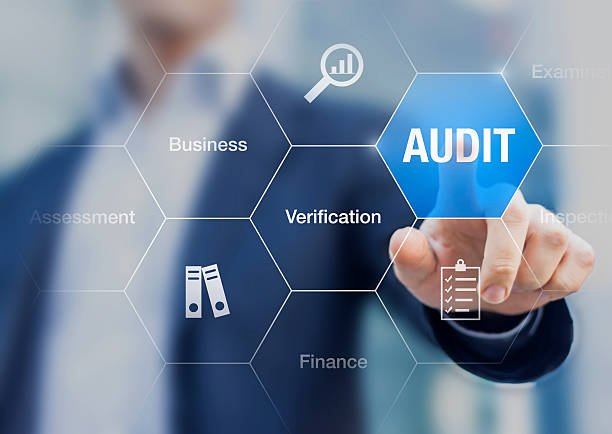Control in its preliminary, concurrent and subsequent nature is part of all organizational activities. It is necessary to analyze its effect on the various phases of the respective processes, taking into account the criteria of feasibility and appropriateness of such controls, as well as the possibility of improving and perfecting the internal control system.

Therefore, for an adequate monitoring, it should be taken into account whether the external information corroborates the information generated internally, and periodic comparisons should be made between the amounts recorded in the accounting information system and the physical assets.
In this way, the monitoring process ensures that internal control continues to function properly. This process includes the evaluation of the way in which the controls have been designed, their functioning, and the way in which the necessary corrective measures are taken.
The setting of objectives develops the elaboration of controls necessary for the management and direction activities within the organization's information system, which converge mainly in accounting as an instrument for decision making. Therefore, the primary objective of an internal control system is to ensure the reliability of the information.
From this perspective, the internal control objectives that will be applicable to all business organization systems are: authorization of transactions, verification of systems, obtaining accurate and reliable information, adequate segregation of duties, safeguarding and physical custody of assets and records, in accordance with the policies established by the entity.
You've got a free upvote from witness fuli.
Peace & Love!
Downvoting a post can decrease pending rewards and make it less visible. Common reasons:
Submit